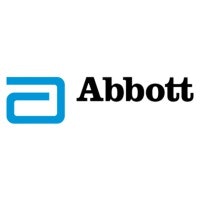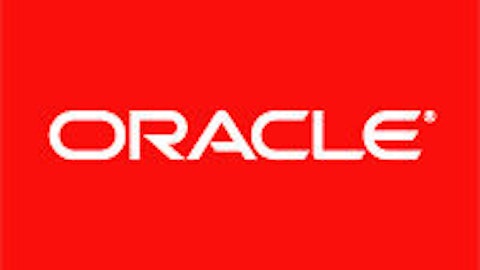High yields aren’t everything when you’re searching for the perfect dividend stock. Great stocks for the long-term require stability, financial success, and a business that can thrive for years to come — all on top of a great and manageable dividend to deliver year after year. Healthcare’s a source of several solid dividend stocks, but just which of this sector’s top stocks are the best for your dividend portfolio?
Big pharma’s AbbVie Inc (NYSE:ABBV) and diversified health care company Abbott Laboratories (NYSE:ABT) are tied together after the latter spun off the former to start the 2013. These two firms share another thing in common, however: They each sport a strong dividend. Just which one is the better yield in the long term? Let’s compare the two stocks and see which offers more for your money.
AbbVie’s Humira leads the way
AbbVie Inc (NYSE:ABBV)’s a young company, but the stock’s 3.6% dividend yield can appeal to any investor as one of big pharma’s highest yields. The company doesn’t have much of a dividend history, for obvious reasons — AbbVie’s not even a year removed from its spinoff — but it has an immense amount of room to work with in increasing its dividend, considering that AbbVie only has a 10% dividend payout ratio.

AbbVie Inc (NYSE:ABBV)’s current portfolio doesn’t offer much to get excited about. The company’s next best-selling drug in the U.S., AndroGel, sold only around 11% of what Humira did in the first quarter. No other AbbVie drug on the market today is posting growth anywhere near Humira’s 16% year-over-year mark for the quarter, either.
However, AbbVie Inc (NYSE:ABBV)’s future offers reasons to get excited. Humira will lose patent protection in a few years, but don’t expect the biologic to have generic competition that fast. Many biologic drugs have been harder for generic drug makers to replicate, and Humira should be able to sell well past its expiration date. Furthermore, Humira rival drug Xeljanz, produced by Pfizer Inc. (NYSE:PFE), has received a blow abroad after Europe’s CHMP upheld a previous decision to recommend against the drug’s use in certain types of rheumatoid arthritis. Xeljanz may be approved in Europe one day soon, but a delay is good for Humira’s continued success across the Atlantic.
Additionally, AbbVie Inc (NYSE:ABBV)’s underrated pipeline has a major weapon for the future. AbbVie is one of the leaders in the race to develop an oral hepatitis-C medication, a market that could hit or eclipse the $20 billion worldwide mark in coming years. AbbVie’s unnamed treatment is dueling with Gilead Sciences, Inc. (NASDAQ:GILD)‘s sofosbuvir to be the first drug to the market. Sofosbuvir has thrived in earlier-stage clinical trials, but AbbVie is poised to become a leader alongside Gilead in this market’s early years — a position it should be able to leverage into significant sales that will take some of its focus off of Humira.
Abbott’s strong dividend history — with a new and improved future
AbbVie Inc (NYSE:ABBV) has a lot going for it, but former parent company Abbott Laboratories (NYSE:ABT) is no slouch, either. The stock’s dividend yield is a lot smaller than AbbVie’s at only 1.6%, but Abbott’s one of the S&P 500‘s dividend aristocrats, companies that have raised their dividend for at least 25 consecutive years. That’s a strong history of stability that dividend investors can believe in, and with a payout ratio of 52%, Abbott has plenty of flexibility to continue that streak.
Abbott Laboratories (NYSE:ABT)’s not the growth engine that AbbVie Inc (NYSE:ABBV) is. The company’s post-pharmaceuticals future has a star of its own in nutritionals sales, however. Abbott’s nutritionals segment is its largest division, and the segment has exploded as an emerging markets superstar. Infant nutrition demand has taken off in developing nations, particularly in the populous China and India. The company’s nutritionals division sales jumped by more than 17% in the second quarter alone to more than $1.7 billion in sales. Considering that company CEO Miles White predicted that emerging markets will one day power more than half of Abbott’s total sales, this stock’s attractive just based on geographical trends alone.
However, Abbott Laboratories (NYSE:ABT) does have downsides. The company’s generic drugs business is its second-largest division by sales, and it has recently had a hard time pulling in growth. Generic drugs are slow, if steady, sellers, and you shouldn’t expect Abbott to experience a huge bounce here.



